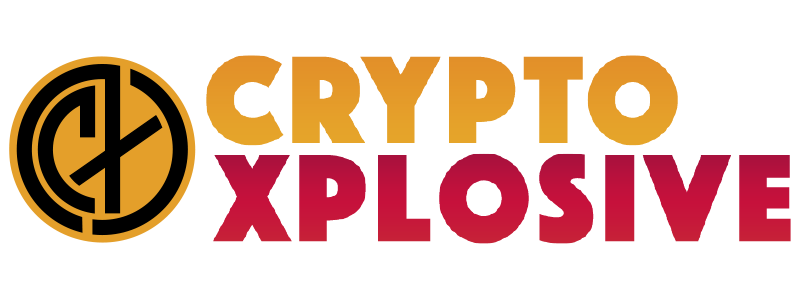This is Why Your Facebook Chats Ended Up with Netflix

Accusations are mounting against Meta, Facebook’s parent company, for allegedly granting Netflix access to users’ private messages on Messenger, sparking significant concerns over user privacy and corporate ethics.
The alarming claim emerged from an antitrust lawsuit, shedding light on potentially harmful anti-competitive practices that could undermine social media competition and consumer rights.
Facebook’s Messenger Deal with Netflix Exposed
The lawsuit suggests a complex web of negotiations and agreements between Meta and Netflix, dating back to 2013, that facilitated an exchange of user data for corporate gains. According to court documents, Netflix was granted the ability to read users’ private messages. This contradicts Meta’s previous assurances of end-to-end encryption for personal communications on Messenger and Facebook.
The access to users’ private messages was ostensibly in exchange for Netflix providing Facebook with insights into user interactions with its streaming recommendations.
“Netflix had begun entering into a series of “Facebook Extended API” agreements, including a so-called “Inbox API” agreement that allowed Netflix programmatic access to Facebook’s user’s private message inboxes, in exchange for which Netflix would ‘provide to FB a written report every two weeks that shows daily counts of recommendation sends and recipient clicks by interface, initiation surface, and/or implementation variant,’” the court documents read.
Further complicating matters, the lawsuit highlights the significant financial ties between the two giants. Netflix, identified as a major advertising spender on Facebook, reportedly invested around $150 million annually by early 2019 in Facebook ads.
Netflix’s former CEO, Reed Hastings, who served on Facebook’s board from 2011 to 2019, orchestrated the close relationship between the companies. Hastings allegedly played a pivotal role in directing the partnership during his tenure, including the controversial data-sharing agreements.
Meta’s response to these allegations has been to downplay the significance, labeling such agreements as standard industry practice. Yet, the company has not directly addressed the implications of these practices on its competitive stance.
Read more: Facebook Under Fire: Suspected VPN Data Theft Unveiled
The lawsuit paints a disturbing picture of the lengths companies might go to protect their interests at the expense of user privacy and fair competition.
Disclaimer
In adherence to the Trust Project guidelines, BeInCrypto is committed to unbiased, transparent reporting. This news article aims to provide accurate, timely information. However, readers are advised to verify facts independently and consult with a professional before making any decisions based on this content. Please note that our Terms and Conditions, Privacy Policy, and Disclaimers have been updated.




Comments are closed, but trackbacks and pingbacks are open.